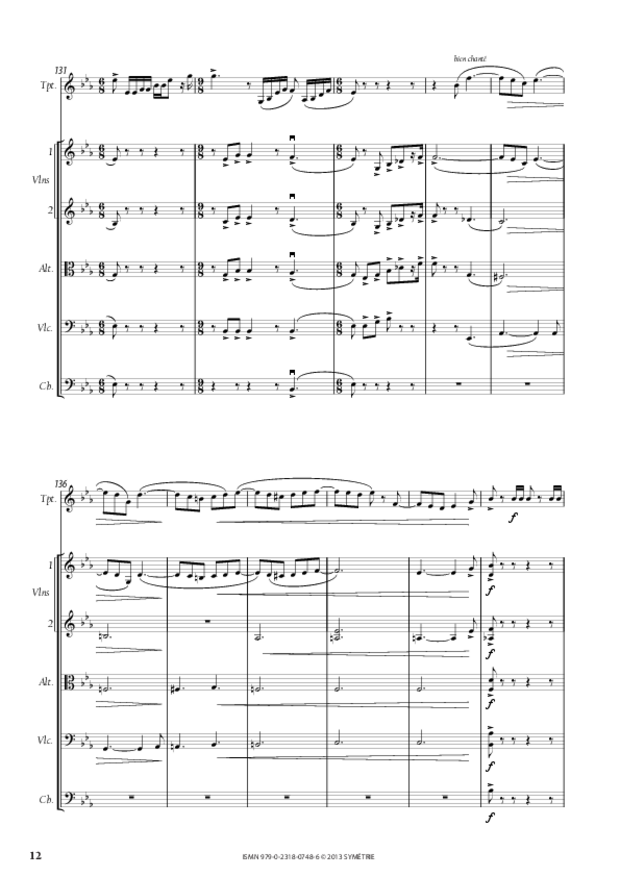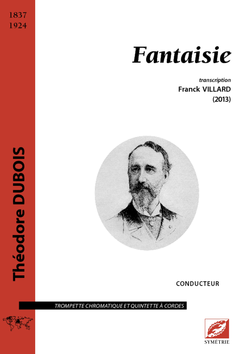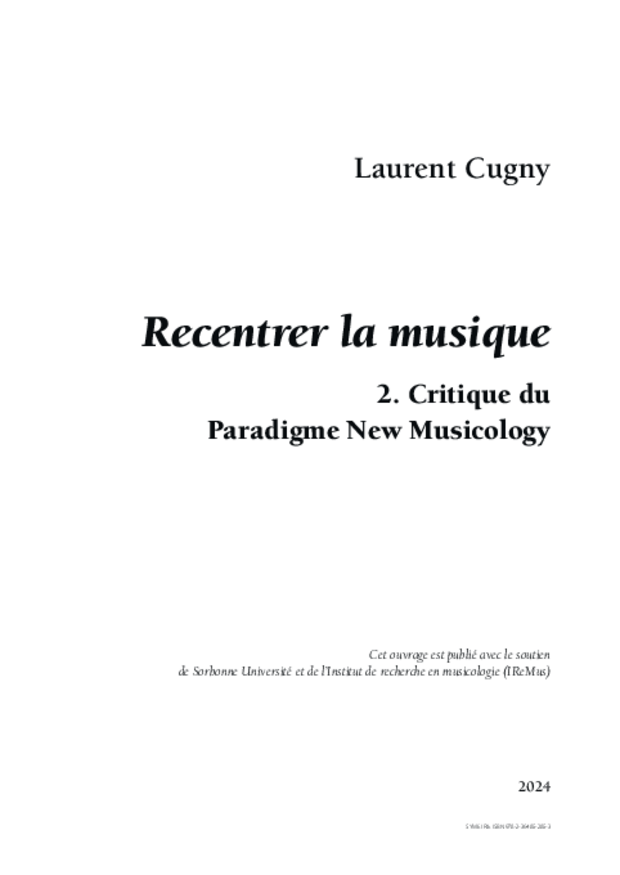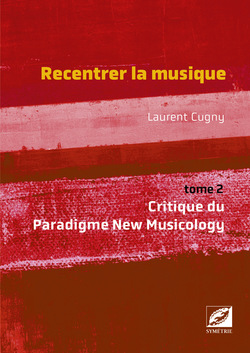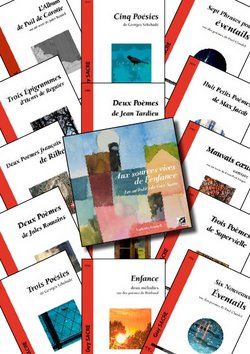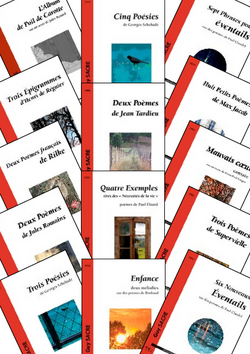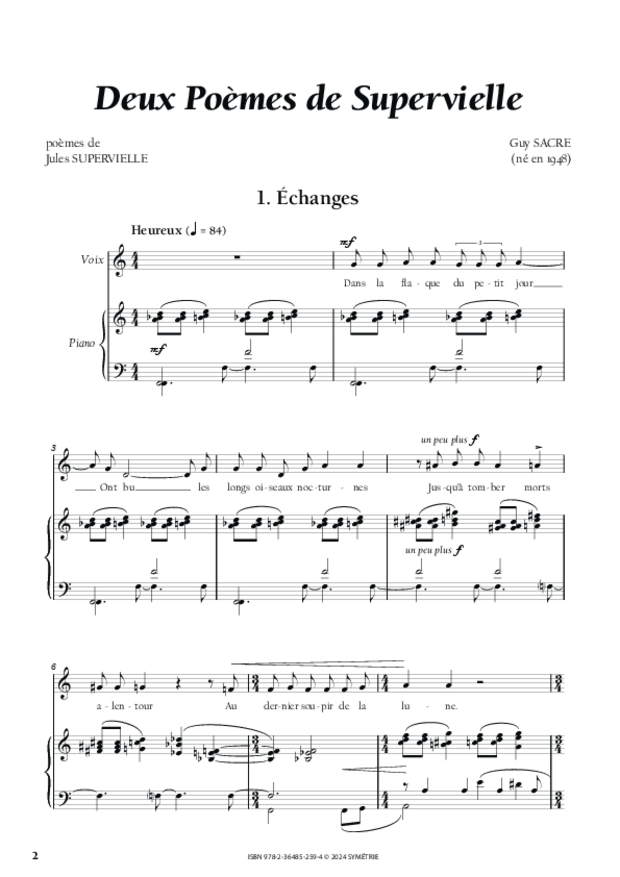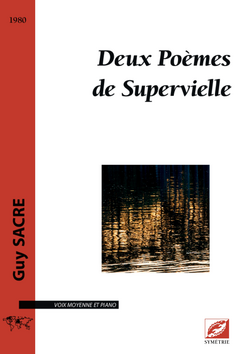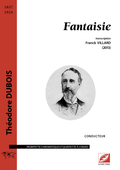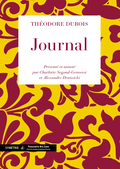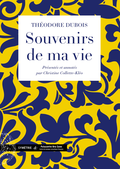Théodore Dubois (1837-1924) was taught composition by François Bazin, François Benoist and Ambroise Thomas at the Paris Conservatoire. After obtaining the Premier Prix de Rome in 1861 and a four-year stay in Italy, he became choirmaster in several Parisian churches. It was in this capacity that he composed most of his religious music (several masses, numerous motets, Les Sept Dernières Paroles du Christ, etc.). Appointed professor of harmony at the Conservatoire, he became its director from 1896 to 1905, and his posterity suffered for a long time from this administrative position, coupled with an appointment to the Académie des beaux-arts.
Dubois’ eclectic style, influenced by Franck, Schumann, Brahms and Saint-Saëns, was equally at home on the piano (Poèmes alpestres, two concertos, Sonate, Études de concert, etc. ), in chamber music (two piano trios, string and piano quartets, Quintet for oboe, Trio for strings and piano, melodies, etc.) and in the orchestra (three symphonies, Violin Concerto, etc.).
In the end it was in vocal music that Dubois had the most difficulty in making a name for himself, except for his two oratorios, Les Sept Dernières Paroles du Christ and Le Paradis perdu.
He also left several pedagogical works.
Publications
Format bibliographique à copier
Dubois, Théodore. Fantaisie, arrangement de Franck Villard, Symétrie, 2014, 19 p.Dubois, Théodore. Fantaisie, arrangement de Franck Villard, Symétrie, 2014, 19 p.
Dubois, Théodore, Dratwicki, Alexandre & Segond-Genovesi, Charlotte (édition scientifique). Journal, Symétrie, 2012, 368 p.
Dubois, Théodore, Collette-Kléo, Christine (édition scientifique). Souvenirs de ma vie, préface de Alexandre Dratwicki, Symétrie, 2009, 240 p.
